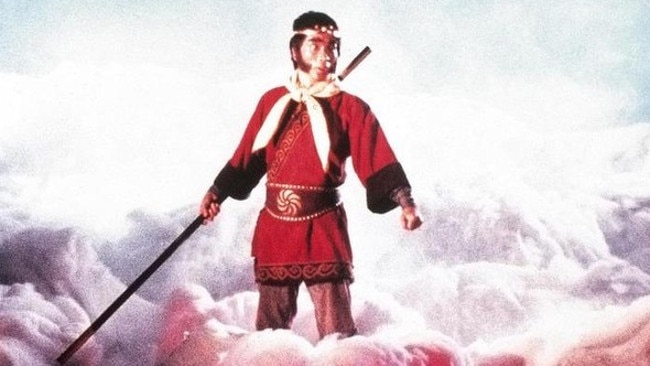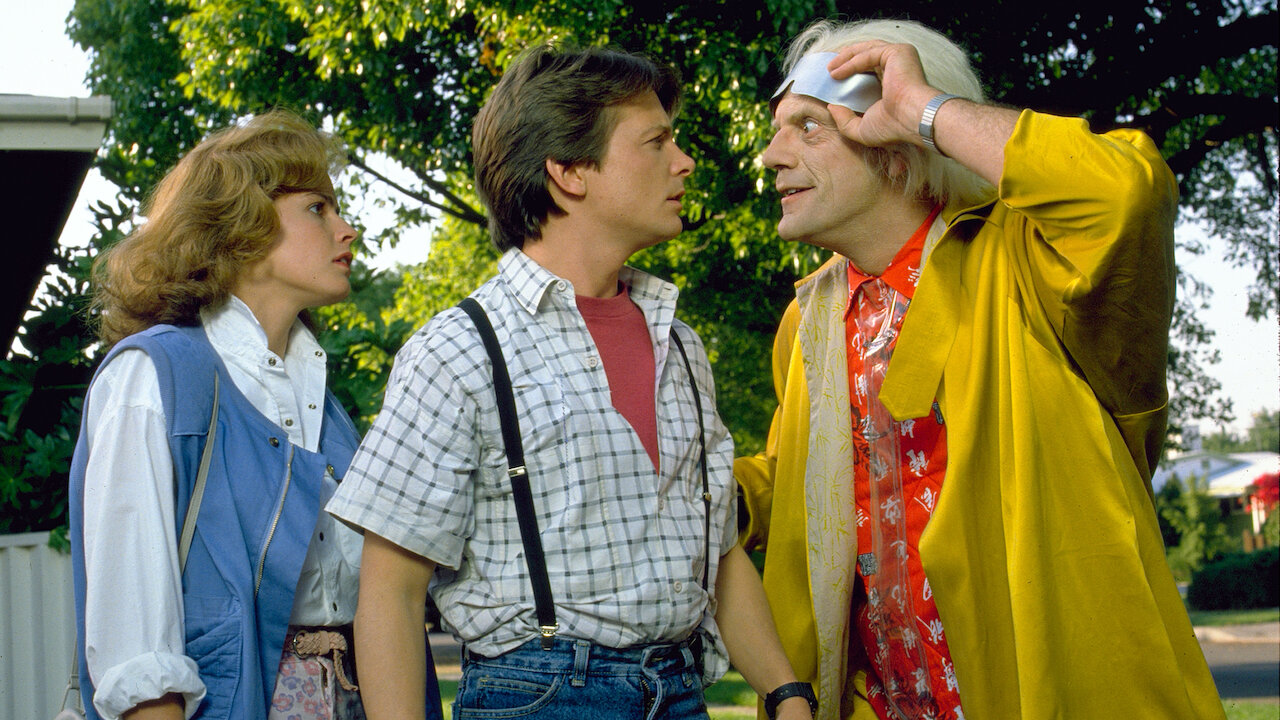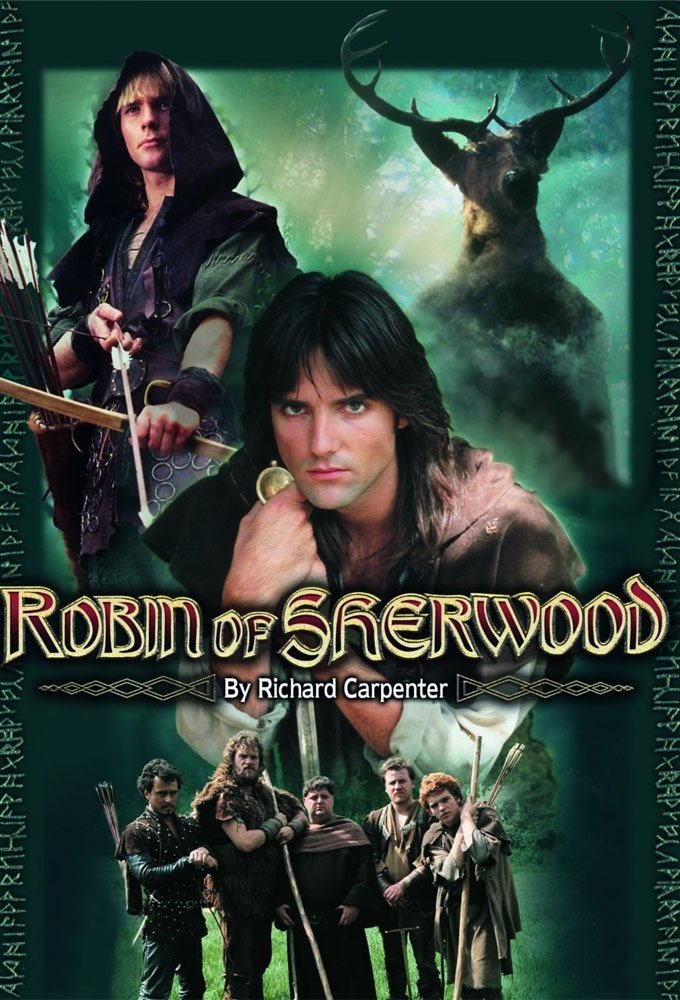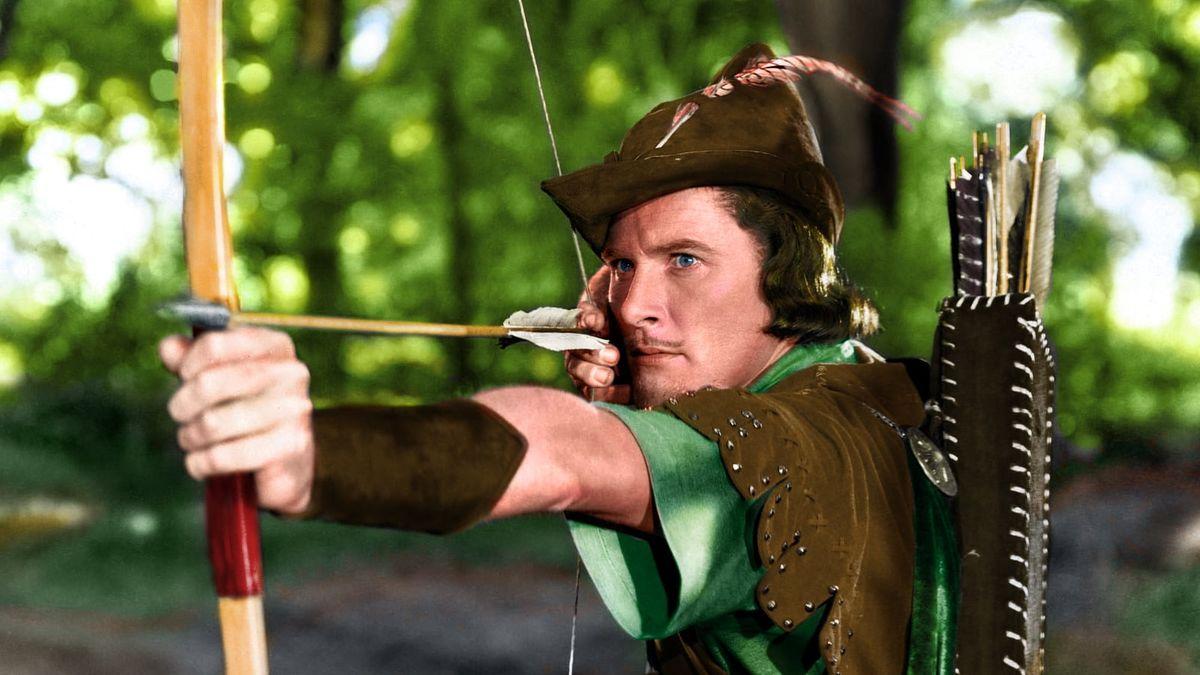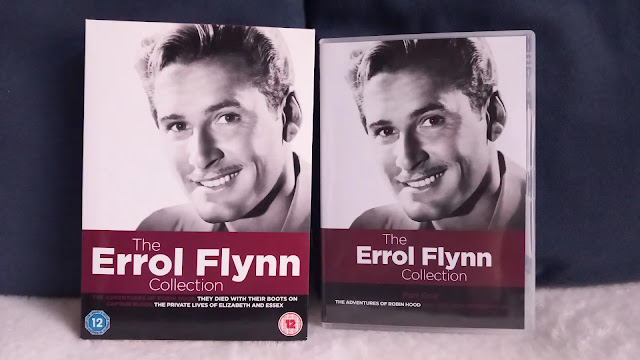King Monkey is summoned to heaven by the Jade Emperor. However, his mischievous tendencies lead him to eat all the heavenly peaches, gaining immortality. Expelled to Earth, alongside two of the Emperor's disgraced officials, Monkey is encased in a mountain as punishment by Buddha, whilst one official is made a pig spirit (Pigsy) and the other a water spirit (Sandy). Years later, the Buddhist boy priest, Tripitaka, frees Monkey and recruits him alongside the other two as his disciples. Their journey is to reach India from China to fetch the Buddhist scriptures to bring peace to the people of the world. Monkey is a Japanese program that adapts from the Chinese novel 'Journey to the West' by Wu Cheng'en, which received an English dub for release in the UK, which the show is probably most known for. I was introduced to the show by my Mum and a co-worker, who equally believed it to be right up my street as a fan of strange cult classics. Naturally, they were absolutely right. Nothing could be more peculiar than a stone ape born from an egg on a mountaintop who battles demons, and I was all for it. I was an instant fan from the first episode, which alone was unlike anything I had experienced before. Equally, as a whole, the series astounded me with a whole plethora of attributes that made the programme feel uniquely special. The overflowing care and work put into the project is ever present, featured through outstanding ambitious special effects, flashy and exceedingly well-choreographed action and a stellar cast of energetic actors. Undoubtedly, my favourite member of the group is Monkey, the Great Sage and Equal of Heaven. His mischievous nature always makes him a delight to watch, using his cheek on both his friends and foes. He is equipped with a great many skills, knowing every magic trick under the sun, though his coolest abilities consisted of his magic wishing staff that could grow and shrink, along with his iconic skill of summoning his pink cloud to ride on. Some of his magic is quite bizarre, however, like turning into a wasp and turning his chest hair into an army of monkeys. Monkey, also partakes in countless fights (usually starting them), which show off his impressive techniques and the exquisite choreography that never ceases to get you pumped with adrenaline. Sandy, once commander of the heavenly host, now turned cannibal water spirit, brings a lot of knowledge and wit to the group delivering probably some of the funniest quips in the show. Pigsy, once marshal of the heavenly host turned pig spirit, is frequently fixated on eating, being lazy and looking for women, though when it counts, he's a helpful asset. Tripitaka is the boy priest sent on the holy pilgrimage who is kindhearted, always doing what's right and keeping the group in check. Finally, there is also the dragon/horse/man, Yu Lung, which is a peculiar statement, sure to confuse nonviewers. Whilst perhaps a somewhat straightforward story of travelling from point A to B, this journey is riddled with countless and widely varying stories that challenge our intrepid travellers. Waves of demons cause a whole manner of problems for our group, coming in all sorts of forms with special powers. Each requires different approaches from some being fought and thwarted to others reconciled and redeemed. Whilst there is a great deal of action and ecstatic comedy, the show holds an equal amount of heart, which is acted tremendously by the superb cast. The show would also not nearly be as popular if it wasn't for the phenomenal soundtrack by Godiego, who brings such lively tracks to the vigorous fight scenes, especially the theme song 'Monkey Magic' which is unnaturally catchy. Interestingly 13 episodes were never originally dubbed, being deemed too dark, featuring very mature themes, though eventually receiving a dub in 2004, making all episodes available. Overall, I had a blast with Monkey. I truthfully didn't expect to be so engrossed in it that once I'd started, I couldn't stop. I adored the effects, which were so spectacular for its time, to the unbelievable action and fantastic delivery of the actors and dubbing voice actors. An extraordinary cult classic deserving of far more recognition.
Creators: Wu Cheng'en, Hirokazu Fuse, Motomu Furuta, James Miki ...
Series Intros:
Full 'Monkey Magic' Song:






